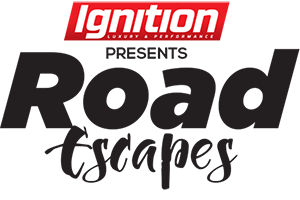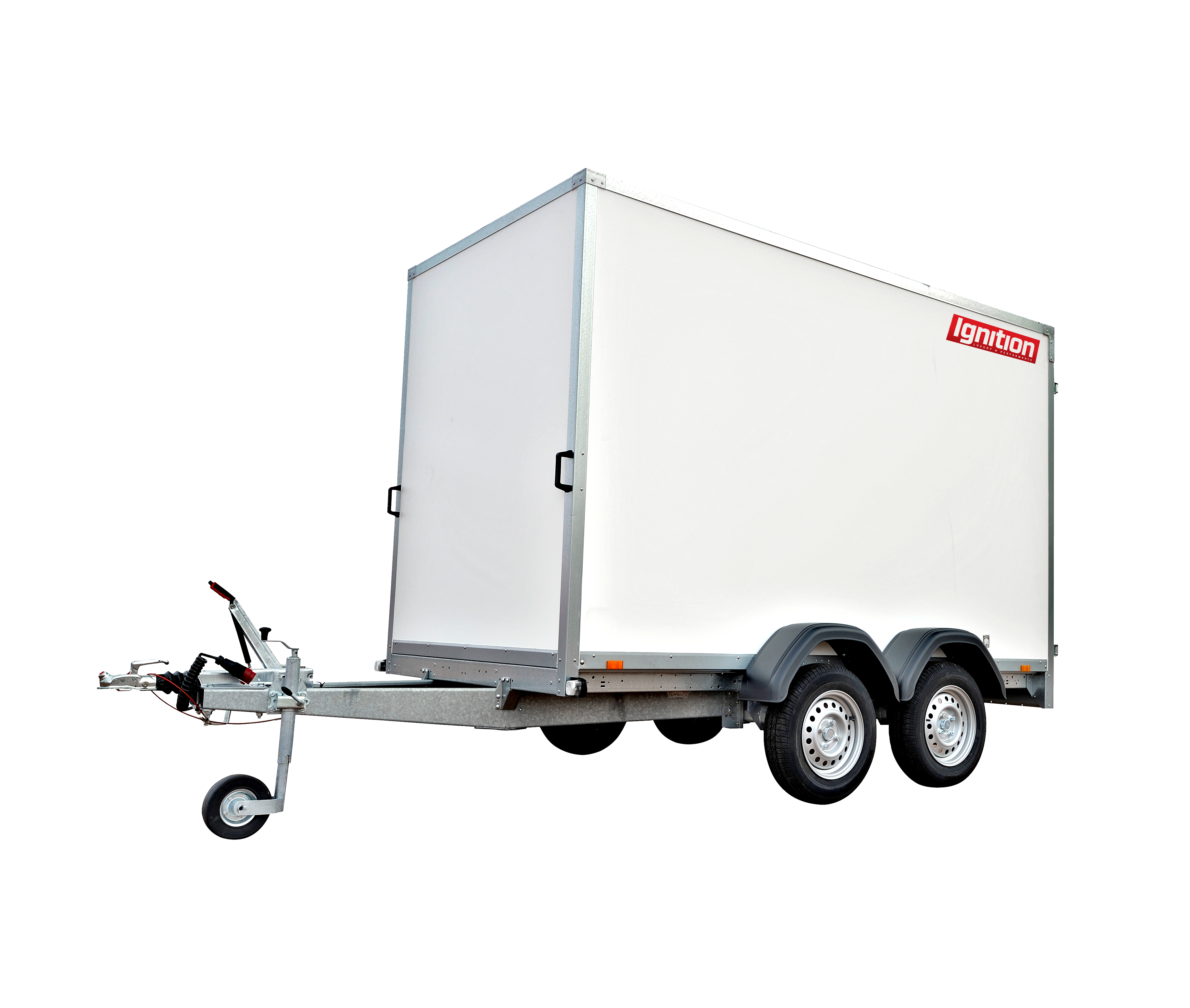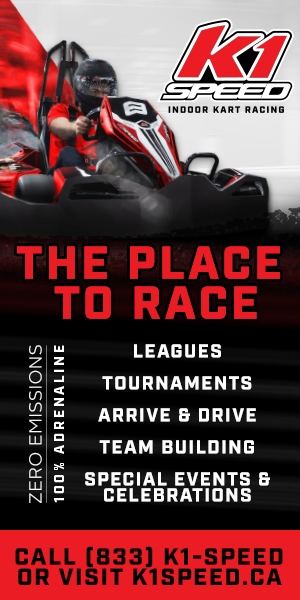Whether your family-hauling towing rig is a new truck or crossover, or an older car or SUV, ensuring your ride tackles its hauling duties with maximum safety, efficiency and peace of mind is as simple as following a few common-sense tips. Be sure to bear the following in mind ahead of summertime towing and trailering with your ride.
https://www.instagram.com/p/Bpo_EnQgebI/
Maximum Safety: Towing safely starts with using the appropriate hitch for your vehicle, staying within all weight and load limits, making the required physical and electrical connections between the trailer and your vehicle, and loading the trailer properly and securely.
As a guideline, about 60 percent of your load should be in the front of the trailer, with the rest in the back. Always strap or tie down loose items securely so they don’t shift, which can change how your ride handles, cause damage or cause an accident. Actively confirm proper operation of your trailer brakes (if equipped), auxiliary lighting and other safety equipment before any trip.
If you’re new to towing, be sure to use the proper type of hitch for your vehicle, and the trailer you plan to pull. A range of factors contribute to the weight your car or truck can pull, and the owner’s manual will list the towing capacity of a vehicle in question. If in doubt, a quick trip to your local trailer shop will set you on the right path.
Maximum Peace of Mind: New or old, towing a loaded trailer pushes your vehicle’s systems to their limits as more heat, strain and stress is generated throughout the driveline, suspension, steering, engine and tires. Added heat and strain tend to make poorly-maintained parts and systems show themselves – and a trip to the cottage with the boat in tow on the hottest day of the summer is a likely time for issues to surface.
Remember that, in many machines, the engine’s cooling system also cools the transmission, enhancing durability in the process. A properly functioning cooling system is, therefore, absolutely vital in ensuring that towing won’t put any unnecessary heat-related strain on both your engine and gearbox. Your ride’s brake fluid takes a beating during towing, too, so consider asking your mechanic to look at yours, and change it if required.
For maximum peace of mind, have a mechanic check out your ride’s cooling, braking and suspension systems ahead of your warm-weather towing activities, perhaps when it’s next in for an oil change. Quickly and affordably, the condition of vital components can be assessed, and problems can be fixed on the hoist before they become dangerous safety hazards on the highway.
With a mechanical two-thumbs up, your ride is set for a worry-free summer of confident towing.
Maximum Fuel Efficiency: Towing gets your engine working hard, negatively affects aerodynamics and can cause your ride to drink fuel heavily. Thankfully, a few easy tips can help minimize the harmful effects of towing on fuel mileage.
Start with your tires, ensuring they’re inflated to the pressures outlined in the owner’s manual. Improperly inflated tires are a safety risk and can cause your ride to waste fuel. Check for signs of improper alignment, including uneven wear across the tire treads, which could also negatively affect safety, handling and mileage. Under the hood, ensure your air filter is clean, noting that a dirty air filter is a big strain on your engine.
Freshly-cleaned fuel injectors and fresh spark plugs (if required) go a long way toward maximum fuel efficiency, too.










